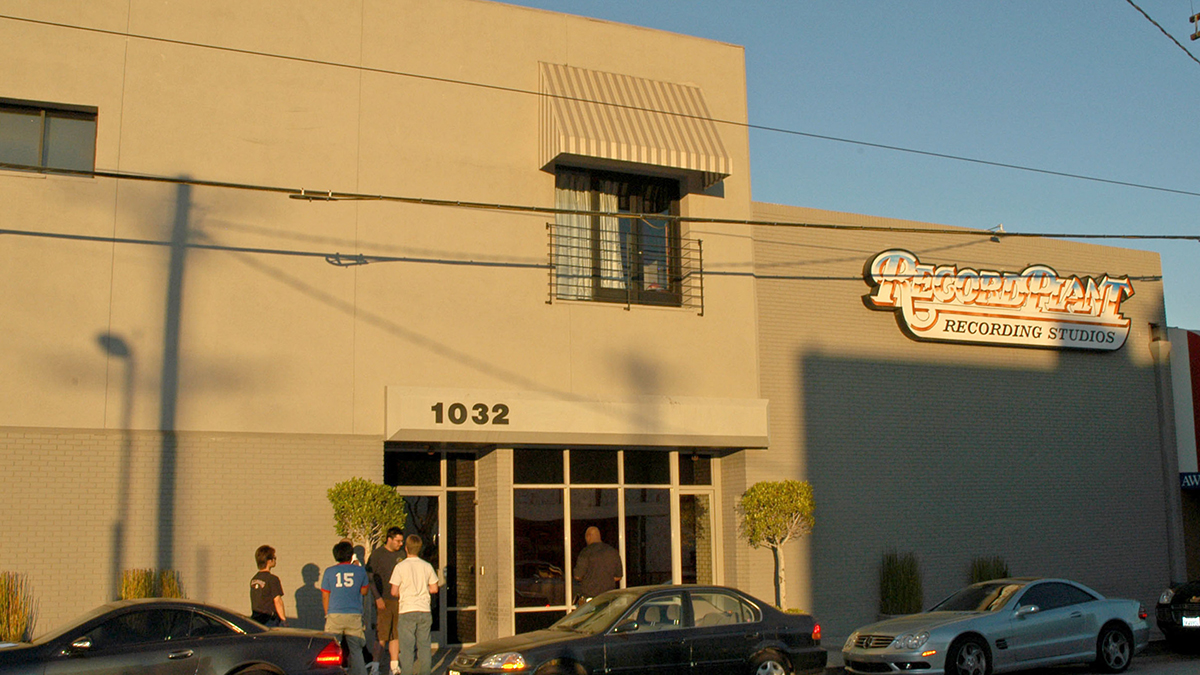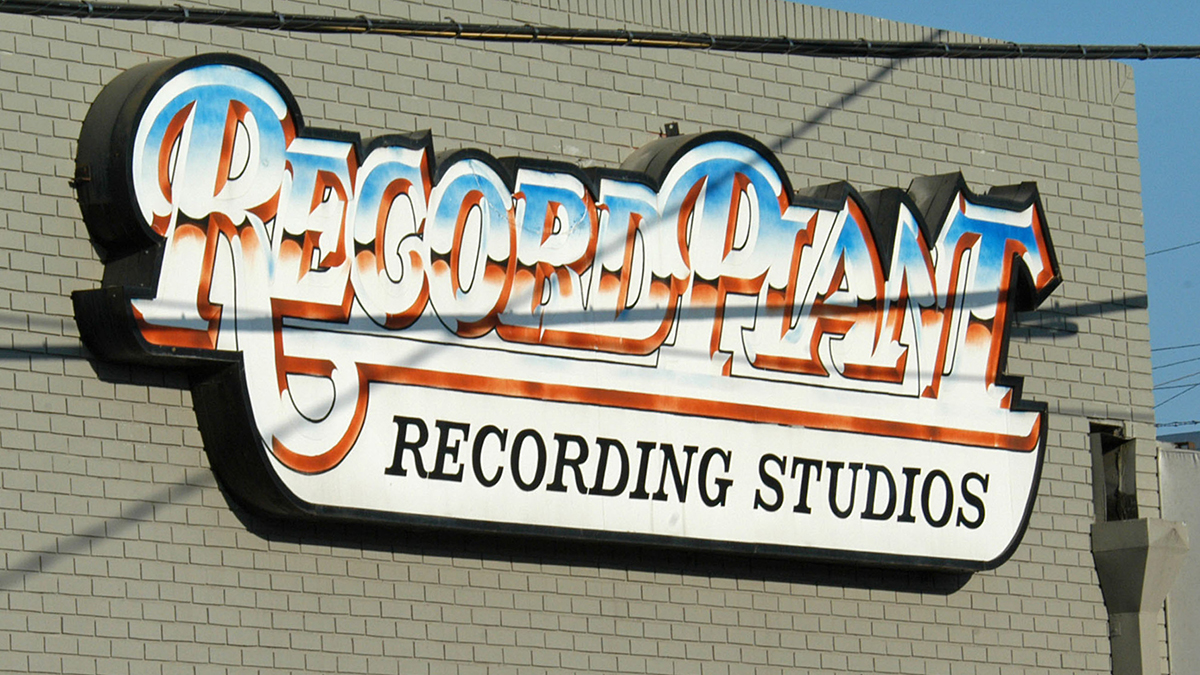
Reports suggest that Hollywood’s iconic Record Plant studios, a fixture in the area since 1969, is set to close.
The Los Angeles Magazine says that the closure has been confirmed on social media and by former employees. It marks the end of a more than 50-year stay for the Record Plant in Hollywood, which saw the studio being used to record a string of classic albums. These include Fleetwood Mac’s Rumours, The Eagles’ Hotel California, Guns N’ Roses’ Appetite for Destruction and Beyonce’s Lemonade.
After setting up the first Record Plant in New York in 1968, founders Gary Kellgren and Chris Stone added a Hollywood facility, located at 8456 West Third Street, in 1969. The Record Plant moved to its current premises, on N Sycamore Avenue, in 1985.
If the Hollywood Record Plant does close, it would seemingly mark the end for this iconic name. The New York studio closed in 1987, and another facility in Sausalito, California, was shuttered in 2008.
Discussing the reasons for its demise, East/West and Ocean Way engineer Gary Myerberg told the Los Angeles Magazine: “There is no money in the recording music business. That’s basically like a flyer for your show. I don’t think there’s much hope for the recording industry in LA. If you want to go to the studio and spend $2,000 a day, just take that and buy a laptop and a sample library or tell AI what song you want to make and it’ll make it.”
Of the declining demand for ‘big room’ studios, guitar tech Jesse McInturff suggests that “There are less and less rock bands and you could record Taylor Swift in a vocal booth the size of a closet.”

On the front page of its website, the Record Plant says that “Great artists still make their best music at great studios”. This may be true for some, but the reality is that even some of those artists who could afford to record at a big studio now choose to do so at home.
Explaining why he and his sister Billie Eilish rejected a big-name facility in favour of their own space, producer Finneas told GQ in 2020: “I think it was the clock in, clock out mentality of those places; this didn’t work for us. I'm a big believer in the benefit of a home studio. You're sitting there and maybe you don’t know the next line. So you go outside for a second, maybe. Make a sandwich. Play with the dog. Or watch an episode of The Office, whatever. And then it clicks, you run back into the room, and you’ve got it. It’s not like your creativity is on the clock.”







